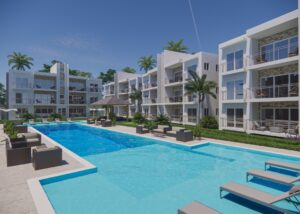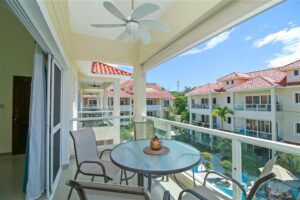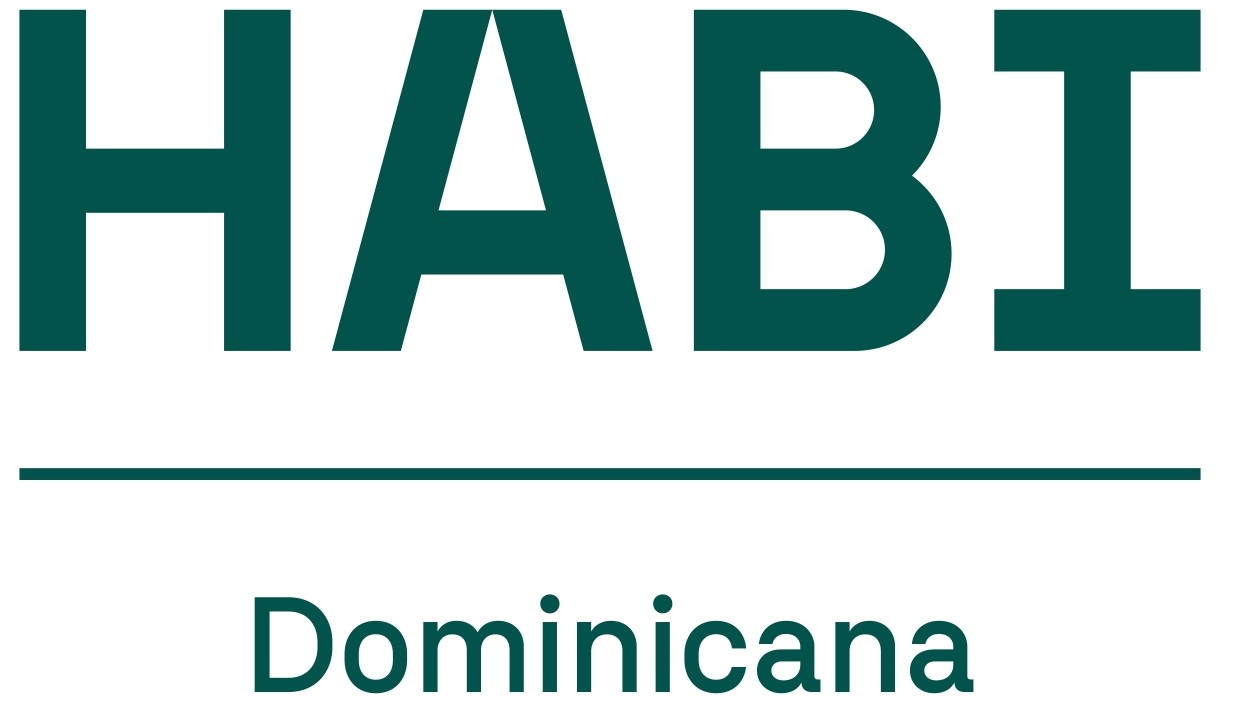
blog
Brand new Ocean front condominio- Cabarete, Dominican Republic-by Habi Dominicana
CRISTAMAR, located in Cabarete and only 3 km from the center, offers a wonderfully quiet area facing a large beach, and is surrounded by tropical
11 de March de 2019
No Comments

blog
2 bedroom apartment for sale in Cabarete – Dominican Republic Real estate
This 2 bedroom, 2 bath condominium is ready to occupy and offers 108 sq. m. of Caribbean living . There is air conditioning and ceiling
11 de March de 2019
No Comments

blog
Meet the Dominican Team. Habi Dominicana Real estate.
Looking for a second home in the Caribbean? We can help you find the right property. Meet the team at our office in The Dominican
11 de March de 2019
No Comments
